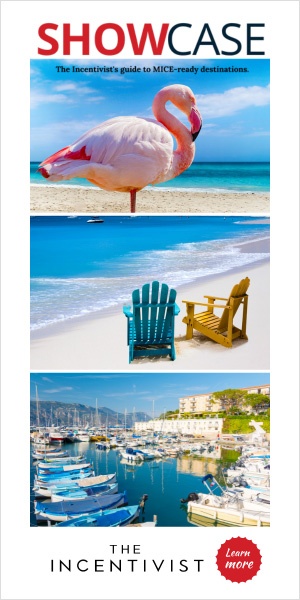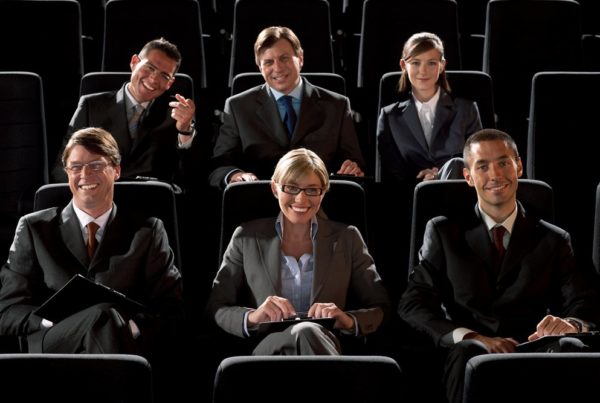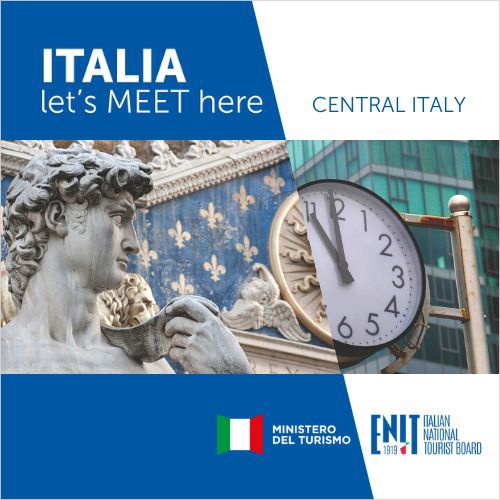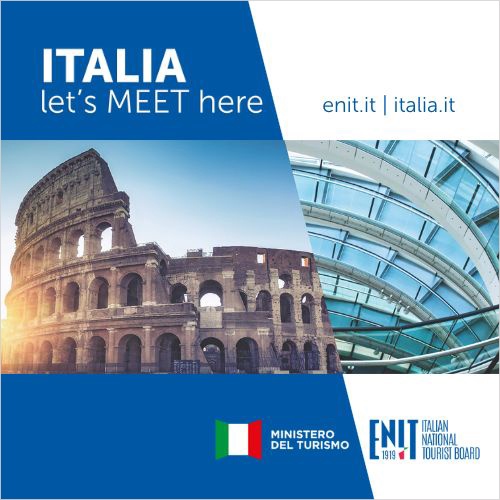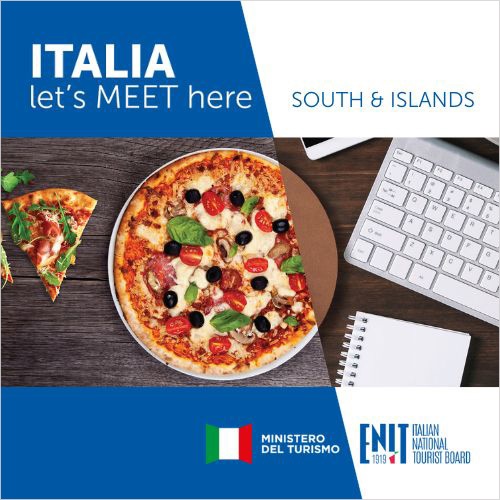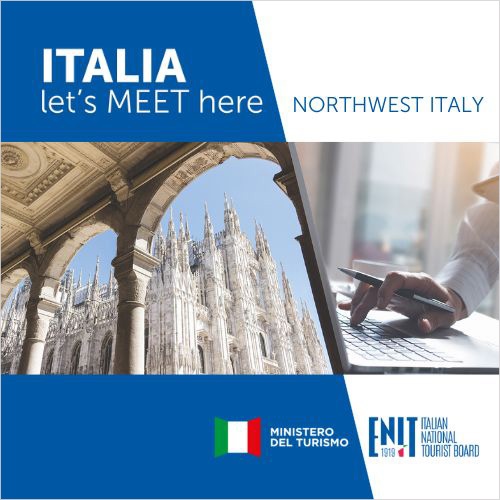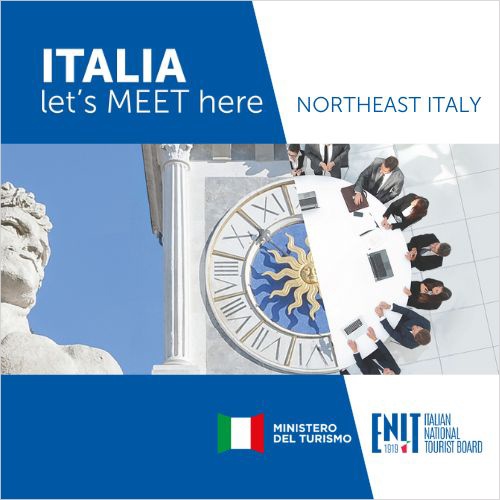To meet the new health and safety challenges presented by the COVID-19 pandemic, Marriott International is launching a new multi-pronged program to elevate its cleanliness standards and hospitality norms and behaviours.
“We are living in a new age, with COVID-19 front and center for our guests and our associates,” said Arne Sorenson, president and chief executive officer, Marriot International.
“We are grateful for the trust our guests have shown us through the years. We want our guests to understand what we are doing today and planning for in the near future in the areas of cleanliness, hygiene and social distancing so that when they walk through the doors of one of our hotels, they know our commitment to their health and safety is our priority. It’s equally important to us that our associates know the changes we are making to help safeguard their health as they serve our guests,” he explained.
Global Cleanliness Council
Marriott’s newly-formed Global Cleanliness Council is tackling the realities of the pandemic at the hotel level and further advancing the company’s efforts in this area. It is focused on developing the next level of global hospitality cleanliness standards, norms and behaviours that are designed to minimize risk and enhance safety for consumers and Marriott associates.
Chaired by Ray Bennett, chief global officer, Global Operations, Marriott International, the council will benefit from knowledge and input from senior leaders of its in-house disciplines—housekeeping, engineering, food safety, occupational health and associate wellbeing—and outside experts. Advisory members include:
- Dr. Ruth L. Petran, senior corporate scientist, Food Safety & Public Health, Ecolab, a global leader in water, hygiene and infection prevention solutions and services;
- Dr. Michael A. Sauri, infectious disease specialist at Adventist Healthcare;
- Dr. Richard Ghiselli, head of the School of Hospitality & Tourism Management at Purdue University;
- and Dr. Randy Worobo, professor of good microbiology in the Department of Food Science at Cornell University.
“Marriott has a long tradition of emphasizing cleanliness in our care of guestrooms and in the public spaces in our hotels,” said Bennett. “Through the council and scientific advice of experts, we are taking a thoughtful approach to set an even higher bar of cleanliness and develop new guest interaction protocols. The Marriott Global Cleanliness Council is focused on more than just disinfection across the hotel, we are providing a holistic approach designed to take care of our guests and associates.”
Setting the cleanliness bar higher
Along with elevating its already high cleaning protocols, Marriott is rolling out enhanced technologies such as electrostatic sprayers to help it counter the virus spread.
Electrostatic spraying technology uses the highest classification fo disinfectants recommended by the Centers for Disease Control and Prevention (CDC) and World Health Organization (WHO) to treat known pathogens. The sprayers rapidly clean and disinfect entire areas and can be used to clean and disinfect guestrooms, lobbies, gyms and other public areas.
In addition, the company is testing ultraviolet light technology for sanitizing keys for guests and devices shared by associates.
Marriott is also adding to the cleaning regimes at its properties in order to set an even higher standard of cleanliness. Specific areas of focus include:
SURFACE AREAS: In public spaces, the company now requires that surfaces are thoroughly treated with hospital-grade disinfectants and that cleaning frequency is increased. Guestrooms are also being cleaned with hospital-grade disinfectants and in-room amenities will include disinfecting wipes for guests’ personal use.
GUEST CONTACT: The Centers for Disease Control (CDC) and World Health Organization (WHO) warn about direct, person-to-person contact as the primary way COVID-19 is spread. To help alleviate the risk of transmission this way, Marriott is:
- using signage in its lobbies to remind guests to maintain social distancing protocols;
- removing or re-arranging furniture to allow more space for distancing;
- evaluating adding partitions at front desks to provide an extra level of precaution for guests and associates;
- working with supply chain partners to make masks and gloves available to associates;
- and installing more hand sanitizing stations at the entrances to its hotels, near front desks, elevator banks and fitness and meeting spaces.
In addition, in more than 3,200 of Marriott’s hotels, guests can choose to use their phones to check-in, access their rooms, make special requests and order room service that will be specially packaged and delivered right to the door without contact.
FOOD SAFETY: Marriott’s food safety program includes enhanced sanitation guidelines and training videos for all operational associates that include hygiene and disinfecting practices. All food handlers and supervisors are trained on safe food preparation and service practices. Food and beverage operations are required to conduct self-inspection using the company’s food safety standards as guidelines, and compliance is validated by independent audits. In addition, Marriott is modifying its operational practices for in-room dining and designing new approaches to buffets.
“Safety for our guests and associates has always been a top priority for Marriott and today that discussion of safety is in the context of COVID-19,” said Bennett. “We want our guests to know that we are doing everything we can to welcome them back to a safe and clean hotel environment when they start travelling again.”



